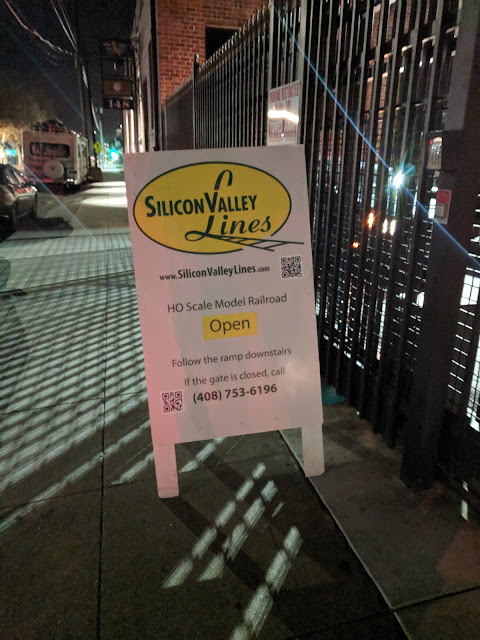 |
| Yay, it's working ... but not quite |
One of the triggers for the
update orgy earlier this year was the realization that I needed to update my JMRI installation to confidently program modern decoders. I'm now running JMRI 4.12 with OpenJDK 11 from the Stretch Backports repository.
It's not helpful that JMRI doesn't work with OpenJDK 8 which comes standard with Debian 9. While it does come up, the UI hangs during startup with an apparent deadlock. Digging through my favorite search engine eventually yielded hints that these problems are known, and mysteriously disappeared in OpenJDK 9 and later.
It took me a while to figure out why the service mode programmer is unable to find the Intellibox for decoder programming. In the end it really was user error and I can't tell why the Loconet2 configuration disappeared during the update, or why JMRI would happily start up if it can open the serial port, but not actually talk to the command station.
 |
| The actually correct settings. Track occupancy feedback is working now. |
I am controlling the Intellibox over LocoNet and a LocoBuffer-USB, since the serial port is unreliable, so I do need to configure Loconet2 for manufacturer Digitrax, interface LocoBuffer-USB, and command station Intellibox-I...
and I must explicitly choose Loconet2 in the programmer dialog, despite setting the programmer default to Loconet2. I guess that's a bug.
Finally, all this new software has added enough bloat that the railroad computer no longer can cope and needs more memory. I got a lot of value out of those 512MB main memory I bought 10 years ago.
Update 11/24/2018:
After installing 2GB main memory, JMRI still feels a bit sluggish, but we're back to being usable. When looking through the settings again, all Defaults had reverted to the first Loconet connection. I changed them back to Loconet2 and everything is working correctly again.





















































